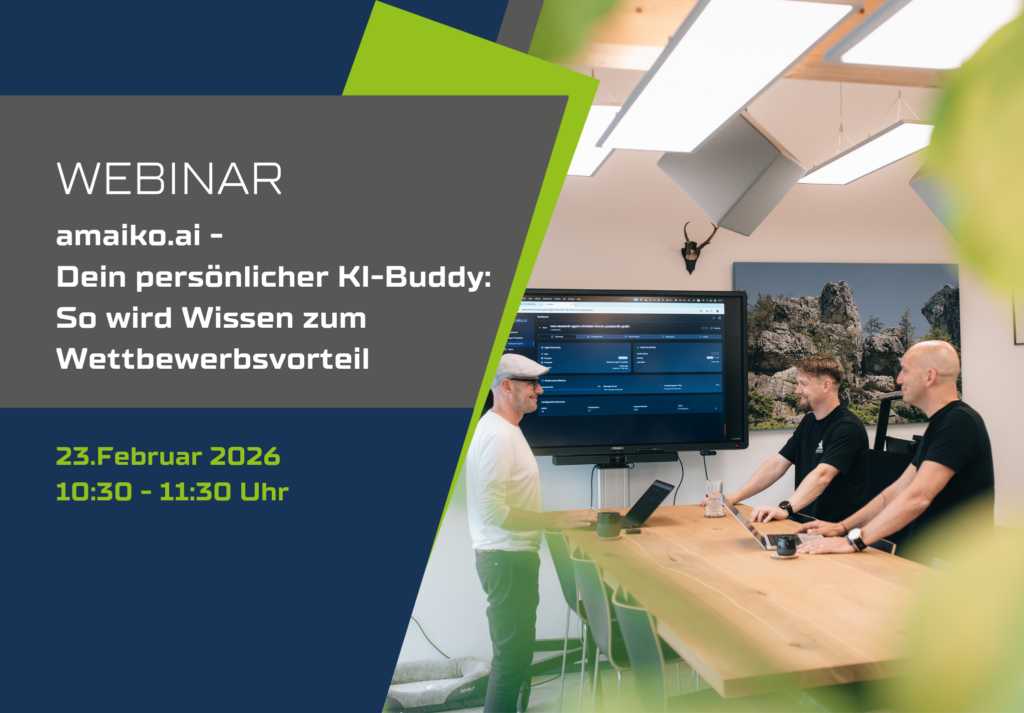Practical impulses for sustainable success
The reality of IT projects in SMEs
Anyone who launches an IT project in a medium-sized company knows the challenges: Complex requirements, limited resources and day-to-day business that rarely stands still. IT initiatives often come to a standstill because expectations, time and budget get out of hand. But you can learn from typical mistakes - and thus create the basis for sustainable project success.
Project management: more than just methodology
A common misconception is that project management only consists of tools or standardized processes. In reality, it is the thoughts and actions of those involved in the project that determine its success. Transparent goals, clearly defined roles and a continuous comparison of target and actual are key. You benefit in particular from agile methods because they allow flexibility and support quick reactions to changes. However, it is crucial not to blindly follow every fad, but to adapt innovative approaches to your organization.
Stakeholder communication: listening, understanding, connecting
IT projects often fail less because of technology than because of communication. Who are the internal and external stakeholders? What are their needs and concerns? Successful project teams get stakeholders on board right from the start, create transparency and deal with resistance openly. Regular updates, workshops and feedback loops promote understanding and acceptance. This dialog pays off particularly well in SMEs, where decision-making paths are often short.
Realistic planning: between vision and feasibility
Visionary goals inspire - but without realistic planning they remain castles in the air. Many projects fail because effort, time and costs are underestimated. The success factor is an honest look at available resources, priorities and risks. Step-by-step planning, a buffer for the unforeseen and a willingness to correct course lead to greater reliability. If you talk openly about limits from the outset, you will gain trust and avoid disappointment later on.
Learning from mistakes - change as an opportunity
Failure is not a flaw, but an opportunity for improvement. Successful companies promote a constructive error culture and use project reviews as a learning platform. This strengthens your innovative power and future viability. It is important to make successes just as visible as challenges - this motivates teams and creates a positive spirit of optimism.
Book your Free strategy meeting



